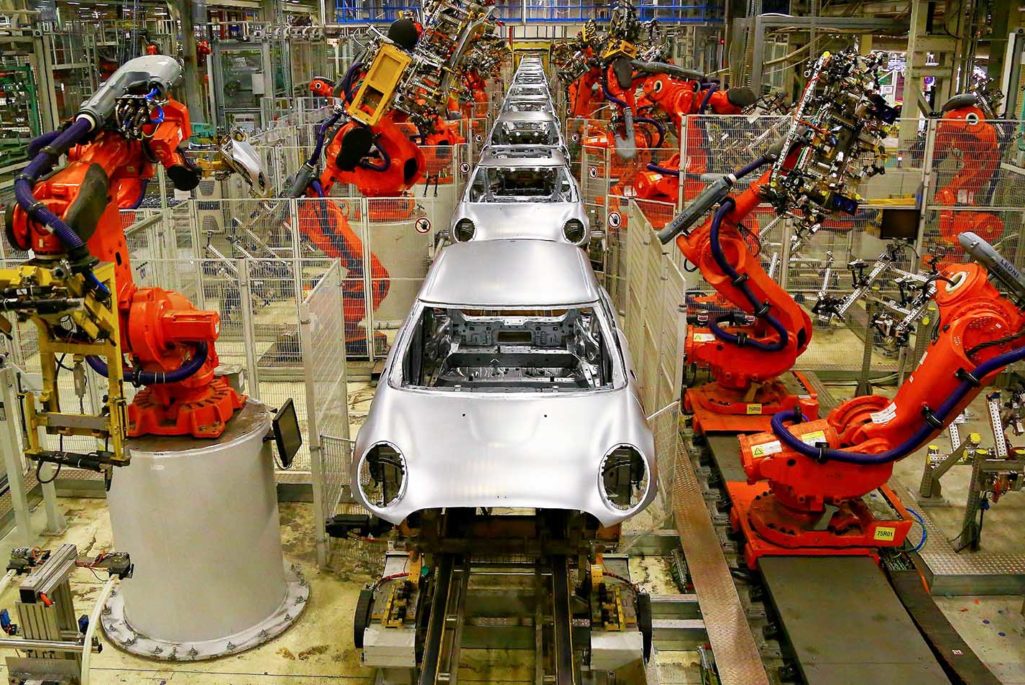Understanding Auto Customization and Small Batch Production
Auto customization and small batch production are reshaping the automotive landscape by offering tailored solutions that cater to individual preferences and niche markets. This approach contrasts with mass production, focusing on flexibility and personalization.
Key Concepts and Technologies
-
Mass Customization: Combines the efficiency of mass production with the personalization of custom design, allowing for products tailored to individual preferences without significant cost increases.
-
Flexible Manufacturing: Utilizes adaptable production systems that can quickly respond to changes in demand or design specifications, enhancing efficiency and reducing waste.
-
3D Printing: Revolutionizes manufacturing by enabling rapid prototyping and production of complex components with high precision and minimal lead time.
-
Customer-Specific Design: Involves creating unique designs tailored to individual customer needs, ensuring a personalized experience and greater satisfaction.
-
Agile Production Processes: Focuses on adaptability and responsiveness, allowing manufacturers to quickly adjust production lines and processes to accommodate new designs or market shifts.
Benefits and Applications
Auto customization and small batch production offer significant benefits and applications across the automotive industry, enhancing both consumer experience and manufacturing efficiency.
Enhanced Customer Experience
-
Personalized Vehicles: Customers can choose specific features, designs, and components that match their preferences, resulting in a unique vehicle tailored to their lifestyle.
-
Greater Satisfaction: The ability to customize vehicles enhances customer satisfaction, leading to stronger brand loyalty and repeat business.
Efficiency and Innovation in Manufacturing
-
Reduced Waste: Flexible manufacturing and agile processes minimize waste by producing only what is needed and quickly adapting to changes.
-
Rapid Prototyping: 3D printing allows for fast development of prototypes, accelerating the design and testing phases and reducing time to market.
-
Cost-Effective Production: Small batch production reduces costs associated with inventory and storage, enabling more efficient use of resources.
Market Adaptability and Niche Targeting
-
Responsive to Trends: Agile production processes enable manufacturers to quickly respond to changing market trends and consumer demands, staying ahead of competitors.
-
Targeted Offerings: Small batch production allows for the creation of niche products that cater to specific market segments or unique customer needs.
Challenges and Considerations
While the benefits of auto customization and small batch production are substantial, there are challenges and considerations that must be addressed for successful implementation.
Technical and Operational Challenges
-
Complexity in Design: Developing customer-specific designs can be complex and require advanced technology and expertise.
-
Production Scalability: Scaling small batch production to meet increasing demand can be challenging and may require significant investment in flexible manufacturing systems.
Cost and Economic Implications
-
Higher Initial Costs: Implementing technologies like 3D printing and flexible manufacturing may involve higher initial costs, which can be a barrier for some manufacturers.
-
Pricing Strategy: Determining appropriate pricing for customized and small batch products can be complex, balancing cost recovery with competitive pricing.
Quality Assurance and Consistency
-
Quality Control: Ensuring consistent quality across small batches and customized designs requires robust quality control processes and expertise.
-
Standardization vs. Personalization: Balancing the need for standardization in manufacturing with the desire for personalization in design can be challenging.
Future Trends and Innovations
The future of auto customization and small batch production is poised for further innovation and growth, driven by advancements in technology and changing consumer preferences.
Integration of Advanced Technologies
-
AI and Machine Learning: These technologies will enhance design processes and manufacturing efficiency by analyzing consumer data and optimizing production lines.
-
IoT and Connectivity: Connected systems will enable real-time tracking and management of production processes, improving efficiency and adaptability.
Expansion of 3D Printing Applications
-
Materials Innovation: Advances in materials science will expand the range of components that can be effectively produced using 3D printing, enhancing customization options.
-
Production Speed and Scale: Improvements in 3D printing technology will increase production speed and scale, making it more viable for larger batch production.
Evolving Consumer Preferences
-
Demand for Sustainability: Consumers are increasingly demanding sustainable products, driving manufacturers to adopt eco-friendly materials and processes in customization and production.
-
Shift Towards Personalization: The trend towards personalization will continue to grow, with consumers seeking products that reflect their individual style and values.
Unordered List: Key Features of Auto Customization and Small Batch Production
-
Tailored designs and personalized features
-
Adaptable production lines and processes
-
Rapid prototyping with 3D printing technology
-
Efficient resource use and reduced waste
-
Responsive to market trends and consumer demands
-
Enhanced customer satisfaction and brand loyalty
Questions and Answers (QA)
Q1: What are the main benefits of auto customization and small batch production?
A1: These approaches offer personalized designs, enhanced customer satisfaction, reduced waste, rapid prototyping, and cost-effective production, catering to niche markets and evolving trends.
Q2: How does 3D printing impact auto customization?
A2: 3D printing enables rapid development and production of complex designs, enhancing customization options and reducing time to market for new products.
Q3: What challenges do manufacturers face with small batch production?
A3: Key challenges include design complexity, production scalability, higher initial costs, quality control, and balancing standardization with personalization.
Q4: How will AI influence the future of automotive manufacturing?
A4: AI will optimize design processes, enhance production efficiency, and analyze consumer data to inform customization and production strategies.
Q5: What trends are shaping the future of auto customization?
A5: Trends include increased demand for sustainability, the expansion of 3D printing applications, and a growing preference for personalized products.
Auto customization and small batch production are revolutionizing the automotive industry by offering tailored solutions that meet diverse consumer needs. As technology continues to advance, these approaches will become increasingly integral to manufacturing, driving innovation and enhancing the customer experience. By addressing current challenges and embracing future trends, manufacturers can fully leverage the potential of customization and small batch production to deliver unique and competitive offerings.
